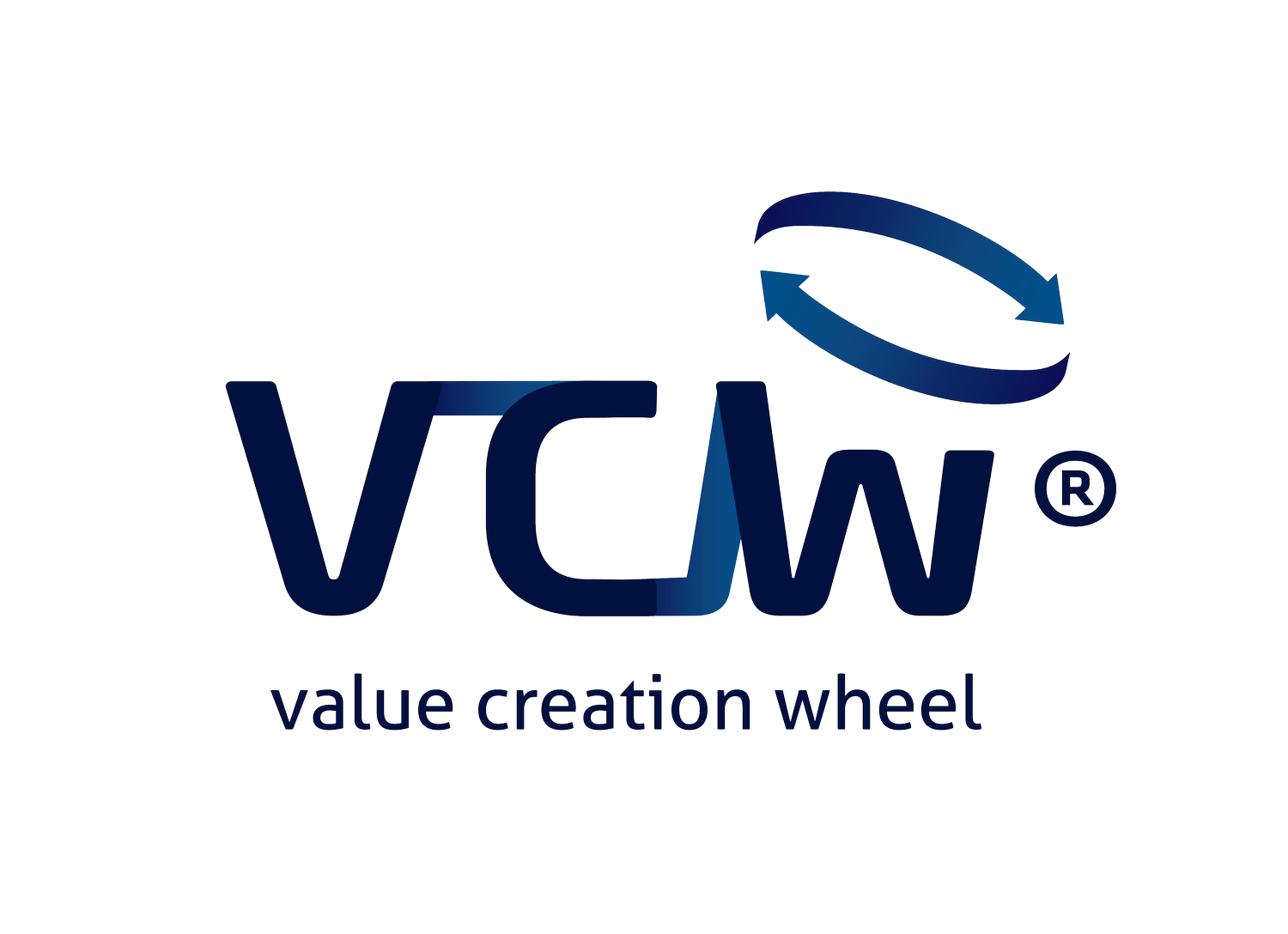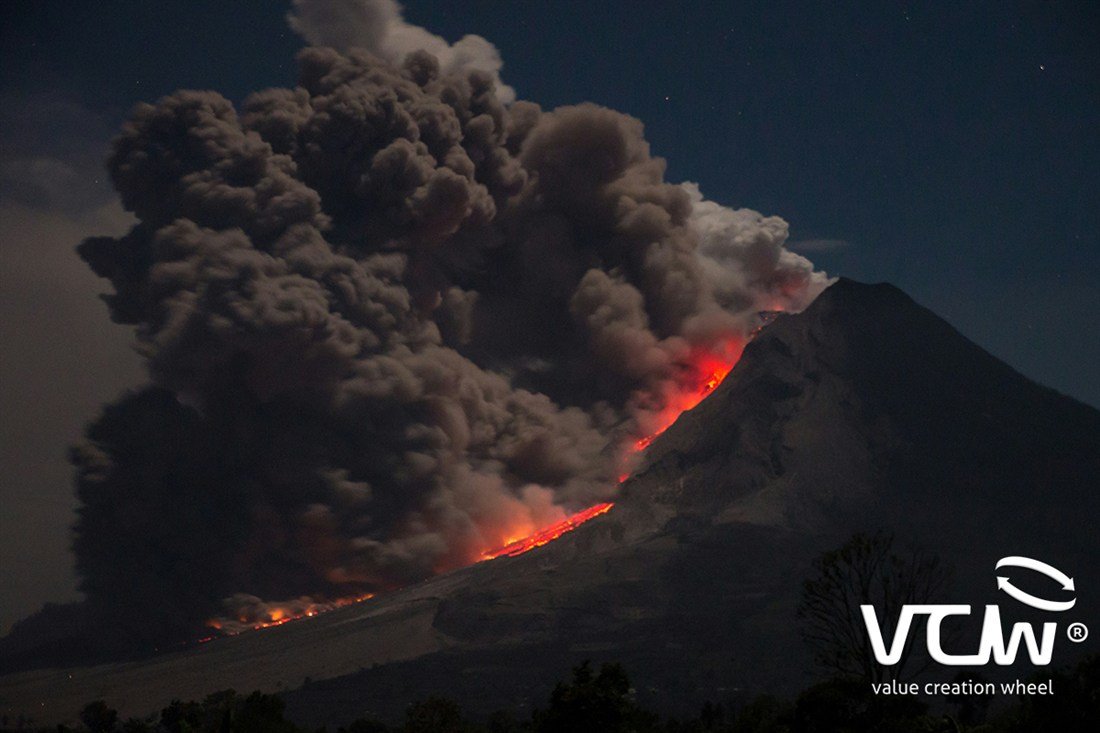VCW 4 Disaster Risk: Insurance Tech
Using advanced technology for better property risk assessment
How can HTA Start-Up aid insurers in understanding the risk of natural disasters through new technologies?
Helping insurance companies accurately assess property risks related to natural disasters, for a safer and more secure future using geospatial technology.
Overview
The project focused on creating a start-up, HTA, to assist insurance companies. It used the Value Creation Wheel (VCW) framework. The goal was to find the best location for a business offering Earth observation data services. The work identified South Korea, specifically Seoul and Gyeonggi-do, as ideal locations.
Application: VCW Framework for Location
The team generated many potential solutions and filters, using methods like brainwriting and stakeholder input. They considered factors like disaster risk, economic indicators, and technological infrastructure. The POKER method helped prioritize filters, resulting in a global and local funnel. This led to the choice of South Korea, and the specific regions within, based on data analysis.
Key Takeaways
Market Opportunity: South Korea presents high potential due to disaster risk, economic strength, and technological advancement.
Competitive Edge: HTA differentiates by combining Earth observation, sensor, and meteorological data, offering a more complete solution.
Target Customers: Focusing on insurance companies provides a clear path to revenue, while indirectly serving government needs.
Financial Viability: The business model projects profitability within two years, based on a value-based pricing strategy.
Sustainability Focus: HTA's services align with global sustainability goals, contributing to disaster preparedness and risk reduction.
Conclusion
HTA offers a valuable service to insurers, combining various data sources for improved risk evaluation. The VCW process helped find the best market, making the business more likely to succeed.


